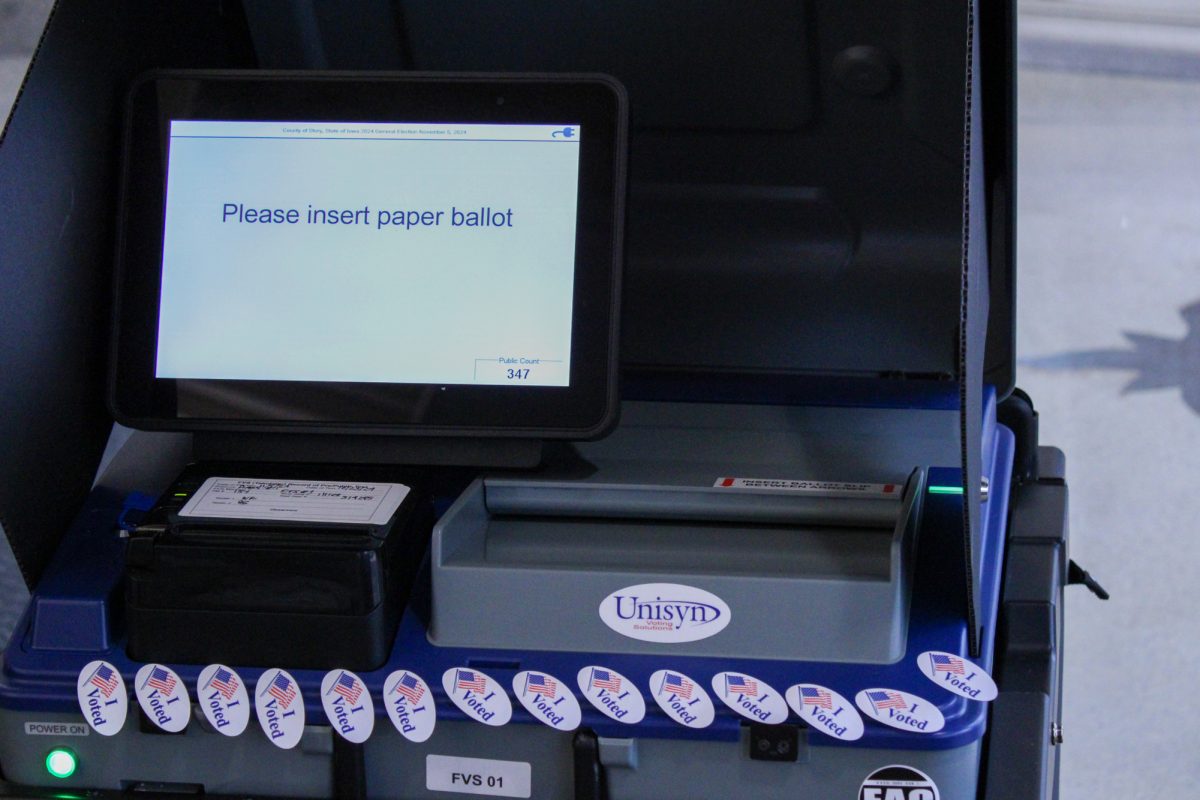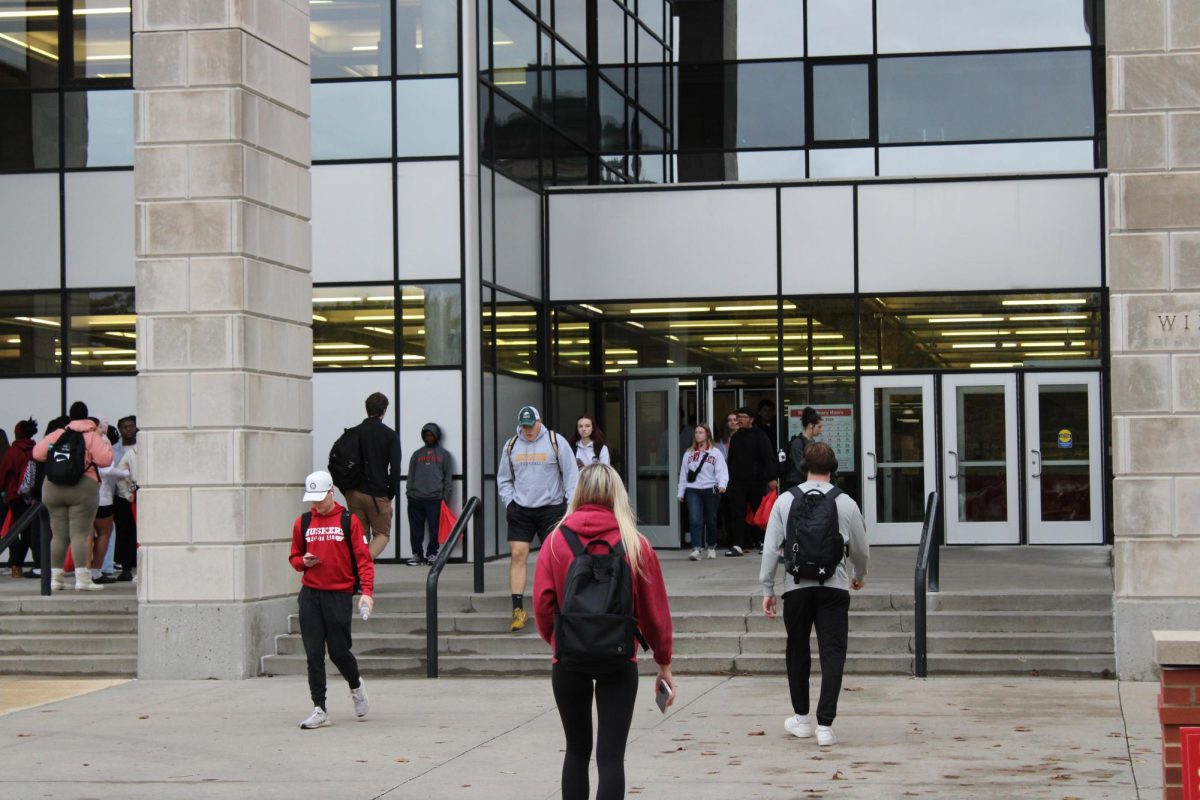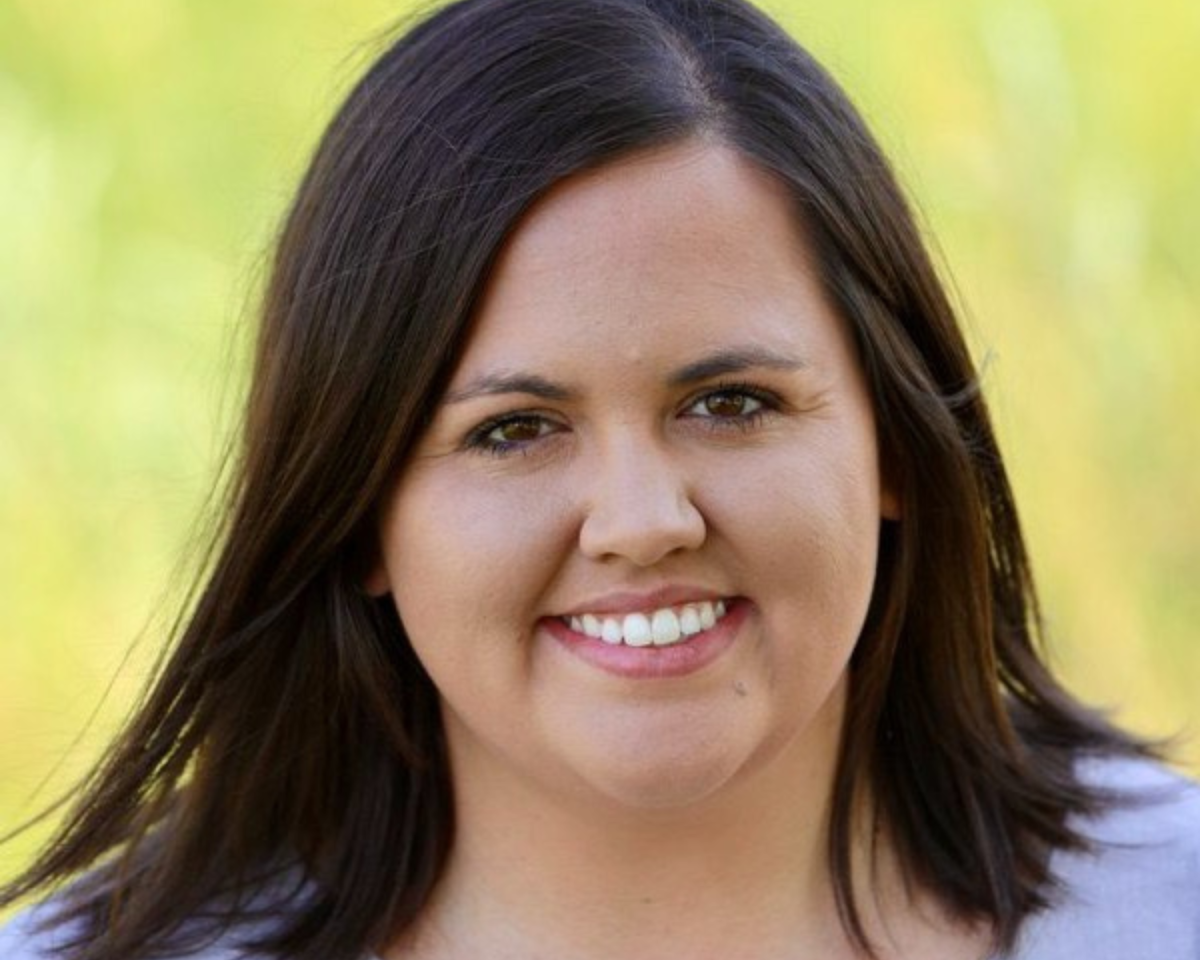Many students chronically tired
August 21, 2000
Pale faces, glazed eyes, bedhead and the embarrassing head-jerk – all are signs of a sleep-deprived student. These symptoms coincide with the start of a new academic year, when hours once reserved for sleep get replaced with reading assignments, projects, papers and the occasional late-night movie or conversation with roommates. Lauren Hughes, senior in zoology and pre-medicine, suffers from very irregular sleep patterns. “Some nights three hours is a good night’s sleep,” she said. Hughes said she tries to be in bed by 2 a.m., but she never is in bed before 12:30 a.m. “Last year, there were maybe two or three nights that I was in bed before midnight,” she said. “The problem is when a night owl tries to be an early bird.” Mark Hislop, clinical supervisor of the Sleep Disorder Center at Mary Greeley Medical Center, said most college students are chronically sleep-deprived. “It has become the norm for this age group to be sleepy,” he said. Hislop said students need an average of nine to 10 hours of sleep a night, but many students are getting much less than this. When a student is sleep-deprived, they do not feel physically and mentally refreshed during the day, Hislop explained. A common consequence of a lack of sleep is the occurrence of “micro-sleeps,” in which the person falls asleep for a few seconds during class or while driving, he said. Many students try to eliminate their sleep debt during the weekend, but Hislop said this is not the answer. He explained that the body runs on a rhythm, and when people vary their sleep pattern, this rhythm is disturbed. “Your body doesn’t know when it should be awake and when it should be asleep,” Hislop said. Hughes said she feels the consequences of her lack of sleep directly. She admitted that her body seems slower, her health is compromised, and she is not able to enjoy herself as much because she is so tired. Still, Hughes said her sleep pattern is necessary to get everything done. By the time she has gone to classes, meetings and other obligations, the wee hours of the morning are all that is left for homework, thinking and contact with friends and family, she said. Hislop advised students to try to get studying out of the way and go to bed early. This is the approach taken by Stephanie Eiesland, senior in nutritional science. Eiesland said that while school does add some late nights to her schedule, she tries to be in bed by 11 p.m. “I love to sleep,” Eiesland said. When she has had a good night’s rest, Eiesland said she thinks clearer and functions better throughout the day. Eiesland said her sleep does not interfere with her studies. She said she studies as much as any other student but sometimes has to give up other things in order to get enough sleep. “I prioritize what I have to do, and many times I would rather sleep than do something else,” she said. There are a few things students can do to help them get a night of quality sleep, Hislop said. One is keeping caffeine and alcohol intake to a minimum. Caffeine can prevent a person from falling asleep because it stays in the body for such a long time. “The Mountain Dew you have at 6 p.m. is still talking to you at 4 a.m.,” Hislop said. To avoid caffeine’s effects, he advised that none be consumed after midnight. While alcohol seems to enhance sleep in some people, Hislop said its effect actually is the opposite. Alcohol disturbs a person’s sleep by causing “micro-arousals” which causes them to wake up several times a night, many times unnoticed by the person, he said. The best tip Hislop had to give students is to establish a regular sleep pattern. They can do this by going to bed and getting up at the same time every day. “Most people don’t know that they aren’t sleeping well,” Hislop said. “They think that because they can fall asleep so easily during the day, they don’t have a problem.” Hislop explained this is just where the trouble is. “If your `wake time’ is being disturbed, then you have a problem,” he said.






